When life overwhelms us, it's natural to ask, "Why did God create this world?"
A person in pain might cry, "To torment me."
A materialist might say, "To enjoy it."
Let's break the question down. Within it lie three core entities:
- God – also known as Brahman, Parmatma or Bhagwan
- The world, made of Māyā – Brahman's material energy
- The questioner, the Ātman – the individual soul also known as Jeev.
Who is God?
The Vedas describe Him as Sat-Chit-Ānand – Eternal Existence, Pure Consciousness, and Infinite Bliss.
The Upanishads reinforce this:
- "Satyam jñānam anantam brahma" – Brahman is Truth, Knowledge, and Infinity.
- "Vijñānam ānandaṁ brahma" – Brahman is Knowledge and Bliss.
- "Ānando brahmeti vyajānāt" – He realised Bliss as Brahman.
Apart from these, God possesses infinite virtues like Kāruṇya (compassion), Kṛipā (divine grace), Satya (truth), Prem (love), Dayā (mercy), Kshamā (forgiveness), and much more.
How is the world created, and from what is it composed?
Shree Krishna in Bhagavat Gita (7.4) tells Arjun:
भूमिरापोऽनलो वायु: खं मनो बुद्धिरेव च |
अहङ्कार इतीयं मे भिन्ना प्रकृतिरष्टधा ||
bhūmir-āpo ’nalo vāyuḥ khaṁ mano buddhir eva cha
ahankāra itīyaṁ me bhinnā prakṛitir aṣhṭadhā
Meaning: Earth, water, fire, air, space, mind, intellect, and ego—these are the eight components of My material energy.
The Taittirīya Upaniṣhad (2.1.2) has elaborated on this:
तस्माद्वा एतस्मादात्मन आकाशः सम्भूतः।
आकाशाद्वायुः। वायोरग्रिः। अग्नेरापः। अद्भ्यः पृथिवी। पृथिव्या औषधयः।
औषधीभ्योऽन्नम्। अन्नात्पुरुषः। स वा एष पुरुषोऽन्नरसमयः।
tasmadvā etasmādātmana ākāśhaḥ sambhūtaḥ
ākāśhādvāyuḥ vāyoragniḥ agnerāpaḥ adbhyaḥ pṛithivī
pṛithivyā oṣhadhayaḥ oṣhadhībhyo ’nnam annātpuruṣhaḥ
sa vā eṣha puruṣho ’nnarasamayaḥ
Meaning: "From My material energy the ākāśhaḥ (ether) was created, from ether the air; from air, fire; from fire, water; from water, earth; from earth, plants; from plants, food and from food, man. This man is made of food-essence."
Who is Ātman, the individual soul?
Shree Krishna gives answer to this in the very next verse of Bhagavad Gita (7.5).
अपरेयमितस्त्वन्यां प्रकृतिं विद्धि मे पराम् |
जीवभूतां महाबाहो ययेदं धार्यते जगत् ||
apareyam itas tvanyāṁ prakṛitiṁ viddhi me parām
jīva-bhūtāṁ mahā-bāho yayedaṁ dhāryate jagat
Meaning: "Such is My inferior energy (māyā). But beyond it, O mighty-armed Arjun, I have a superior energy. This is the jīva śhakti (the soul energy), which comprises the embodied souls who are the basis of life in this world."
Shree Krishna then further establishes the nature of the soul (Gita 15.7):
ममैवांशो जीवलोके जीवभूत: सनातन: |
मन:षष्ठानीन्द्रियाणि प्रकृतिस्थानि कर्षति ||
mamaivānśho jīva-loke jīva-bhūtaḥ sanātanaḥ
manaḥ-ṣhaṣhṭhānīndriyāṇi prakṛiti-sthāni karṣhati
Meaning: The embodied souls in this material world are My eternal fragmental parts. But bound by material nature, they are struggling with the six senses, including the mind.
Here, Shree Krishna explains that the soul is eternal, just like God. But when it enters the material world, it forgets its true spiritual nature and begins to identify with the body. This false identification binds it to the world made of Prakriti (māyā), trapping it in the cycle of birth and death.
With a clearer understanding of Brahman, the world, and the soul, we can now return to the original question: Why did He create this world?
As we've seen, Brahman is the embodiment of infinite powers and divine qualities. Naturally, then, the reason for creation must arise from His very nature. Just as there are countless manifestations (avatars) of God, there are countless purposes behind creation.
Yet, the reason most consistently upheld by the scriptures and realised sages is beautifully expressed by Shāṇḍilya Rishi:
मुख्यं तस्य हि कारुण्यम्
Mukhyaṁ tasya hi kāruṇyam
Meaning: The chief motive of God is His compassion.
God created this world out of grace. Kṛipā (divine grace) is one of His supreme qualities. Through creation, He offers each soul the sacred opportunity to awaken the dormant divinity within, realise its true potential, and grow into a vessel capable of receiving His infinite love and bliss.
A Father's Love: A Story of Adoption
Once, there was a billionaire. He had a 15-year-old son. One day, while alone in his father's office, the boy stumbled upon an old newspaper. The headline read: "Billionaire Adopts Orphan Boy."
The article was dated exactly 15 years ago. His heart sank. Tears welled up. When the father returned, the boy confronted him,
"Papa… is this true?"
The father sighed, "Yes, my child. It's true."
"You adopted me? I'm not your real son?" the boy asked, devastated.
The father gently embraced him and said,
"My dear child, I had everything money could buy… but I had no one to share it with. So I adopted you — not for my benefit, but so I could give all I have to you."
The child, still shaken, asked, "Then why not give it to me now?"
The father smiled and said,
"I'm waiting for you to grow up. If I gave it to you now, you might squander it. But when you are ready, everything I have will be yours."
God's Grace in Creation
Just like the father, God did not create us to fulfil a lack in Himself. He is already complete. He created us to share His infinite treasures: His knowledge, His bliss, His love. But for that, we must grow in purity, in wisdom, and devotion. If divine joy were handed to us prematurely, we wouldn't know how to hold it. Just like many lottery winners who lose everything because they're unprepared, we, too, might squander divine grace if we receive it before we're ready.
So, God watches patiently: "How do My children handle a little freedom, a little success?" He gives us opportunities, challenges, and choices not to test us harshly, but to help us evolve into vessels worthy of His infinite love. This world, then, is not a punishment. It's a sacred training ground, where the atman remembers who it truly is and learns to hold what God longs to give.
Once, a man who had recovered from COVID saw his ventilator bill and began to cry. The hospital staff asked, "Is it too high?"
He said, "No, I can afford it. But for years, God gave me every breath for free, and I never once thanked Him."
We take divine gifts for granted sunlight, air, water, health, love. But the moment we develop the attitude of gratitude, we begin to see God's grace in everything. Unlike worldly relationships based on self-interest, God's love is unconditional. Even when we forget Him, He sustains us.
When God Is Challenged, He Responds with Love
During the communist wave in Kerala, an atheist speaker stood in a public lawn and proclaimed, "There is no God! And if there is one, He should strike me dead in 60 seconds!" He placed a watch before him and waited. After a minute, he said smugly, "See? I told you, there is no God." The crowd stood stunned and silent.
Just then, a saint stepped forward and said, "God is our eternal father. If a child were to shout at his father, 'If you exist, kill me!' would any father do that just to prove himself? No. Because a father doesn't destroy, he protects." God's silence is not indifference; it is compassion.
The Ocean and the Waves
All our seeking in this world for love, meaning, and belonging, etc, are like waves searching for water, unaware that they are made of the very ocean they long for.
Picture the ocean under a moonlit sky. Two waves rise, shimmer for a moment, embrace briefly, and then dissolve back into the deep. Their fleeting union was never the purpose; the ocean was always their source, their shelter, their final return.
So too, we arise from God, journey through the tides of this world, and ultimately merge back into Him. Our truest relationship is not with the passing waves of this world, but with the infinite Ocean of Divine Consciousness from which we come, in which we live, and to which we eternally belong.
In Conclusion: Why Did God Create This World?
Not because He was lonely. Not because He needed anything from us.
He created this world out of sheer compassion, grace, and love because that's who He is- Karunā-swarūpa, Kṛipā-swarūpa, Prem-swarūpa.
Creation is a sacred field where the jeev gets the opportunity to evolve, grow, and become ready to receive the infinite knowledge and bliss that Bhagwan longs to share. It's not a punishment, it's a gift. A training ground designed to awaken our true potential.
We often imagine God as a judge, but He's more like a loving parent patiently guiding us back to Him. He doesn't punish; He embraces. Like waves rising and falling on the ocean, we may feel separate, but we've always belonged. We are not apart from God; we are His own.
And through every moment, every breath, every sunrise, every act of kindness, He keeps giving. Not because we've earned it, but because true love gives without reason.
When we're ready, when the heart is pure and surrendered, God simply says,
"Everything I have is yours."
Quote to Remember
"When life overwhelms you, remember that God did not create this world for Himself, but to share His bliss with you, when your heart is ready to receive His grace."

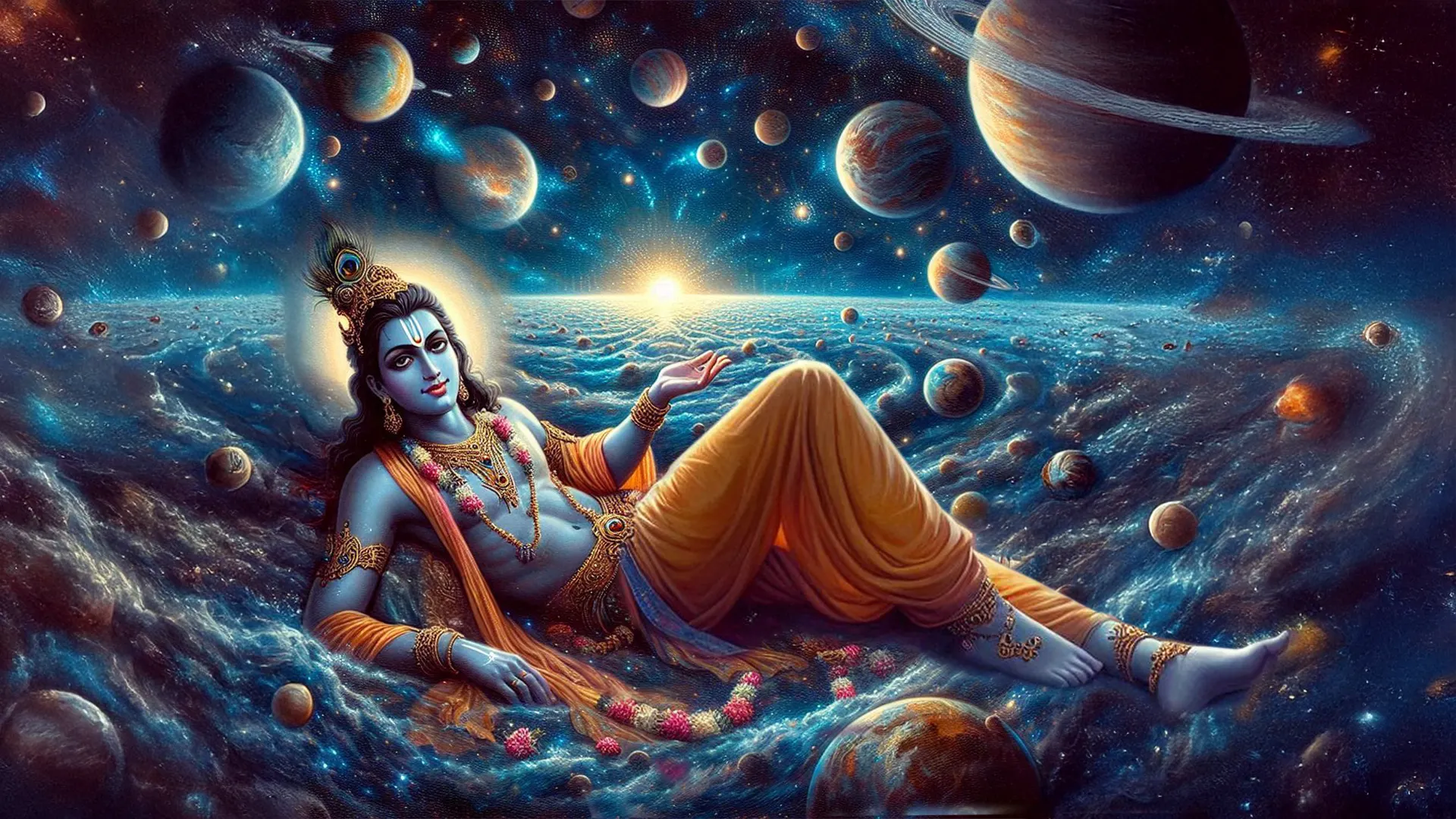

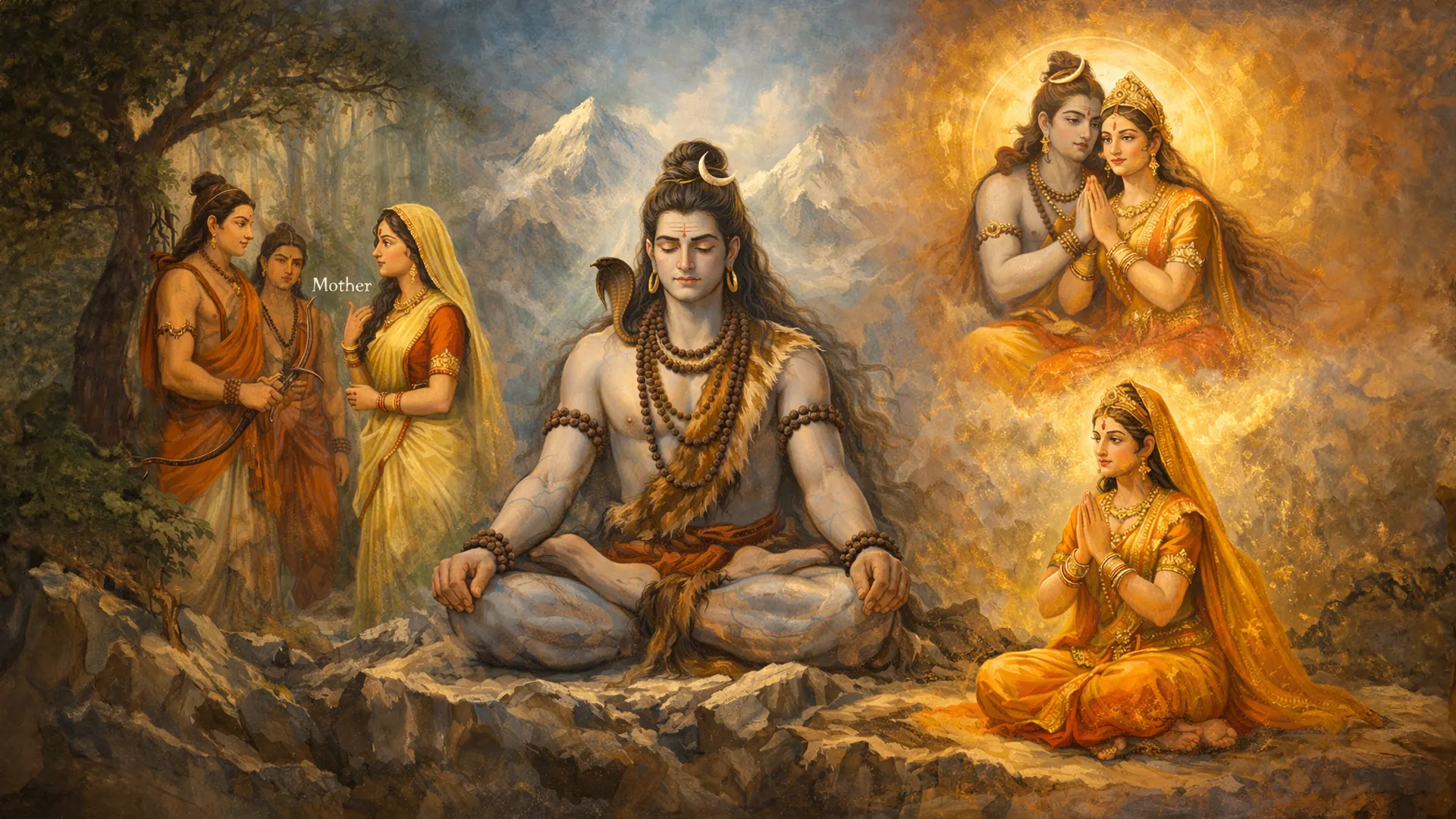
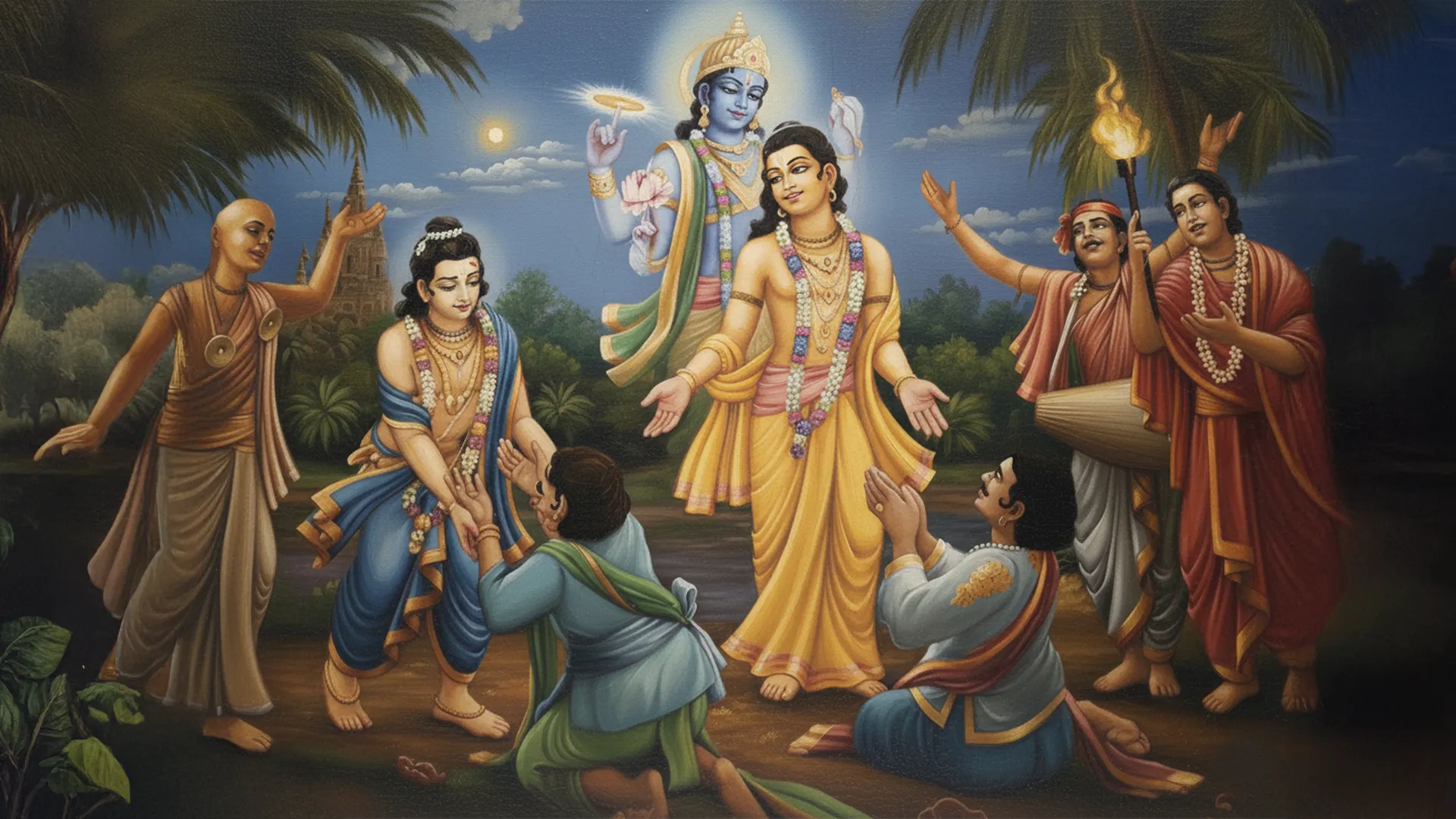
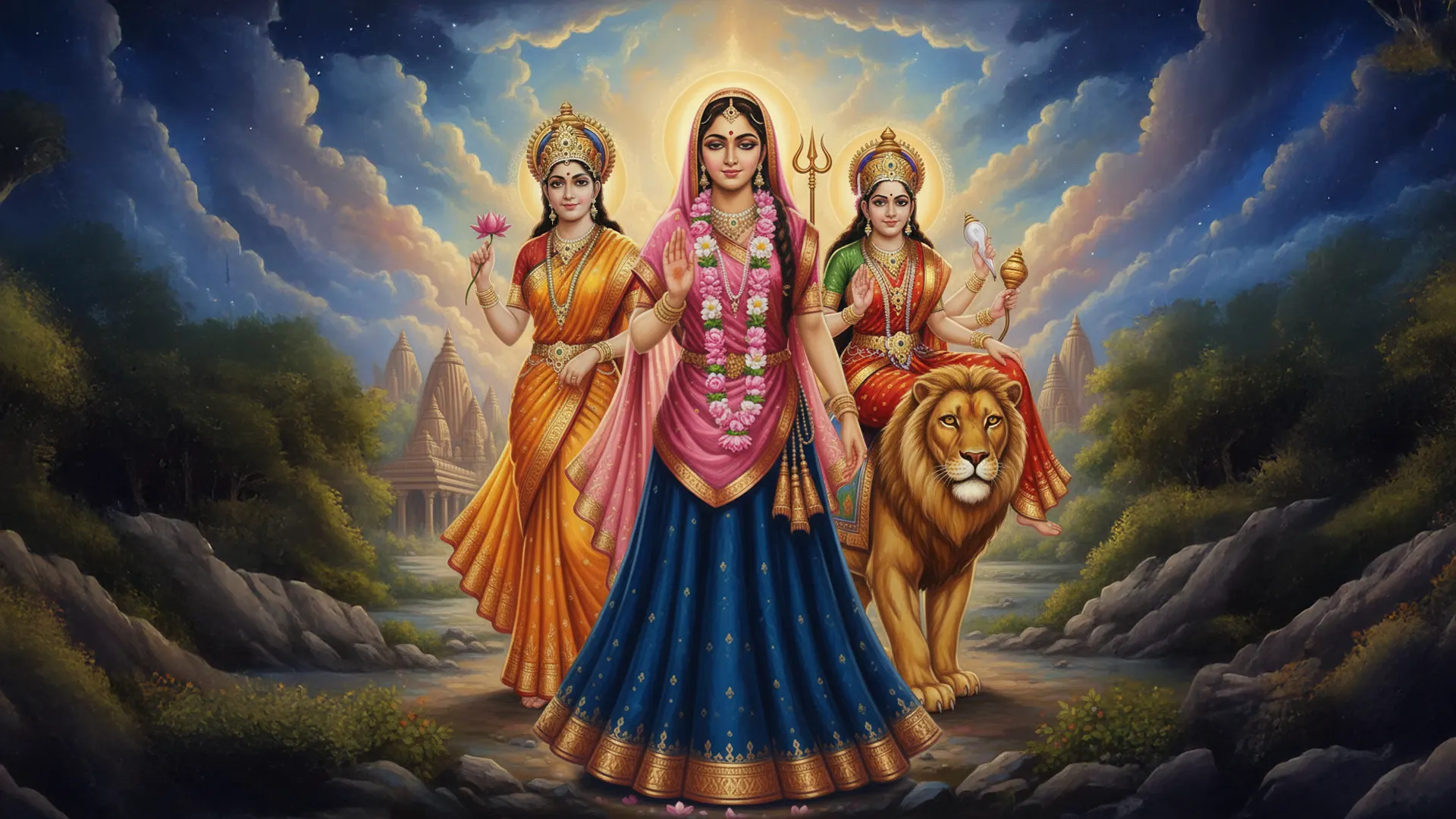
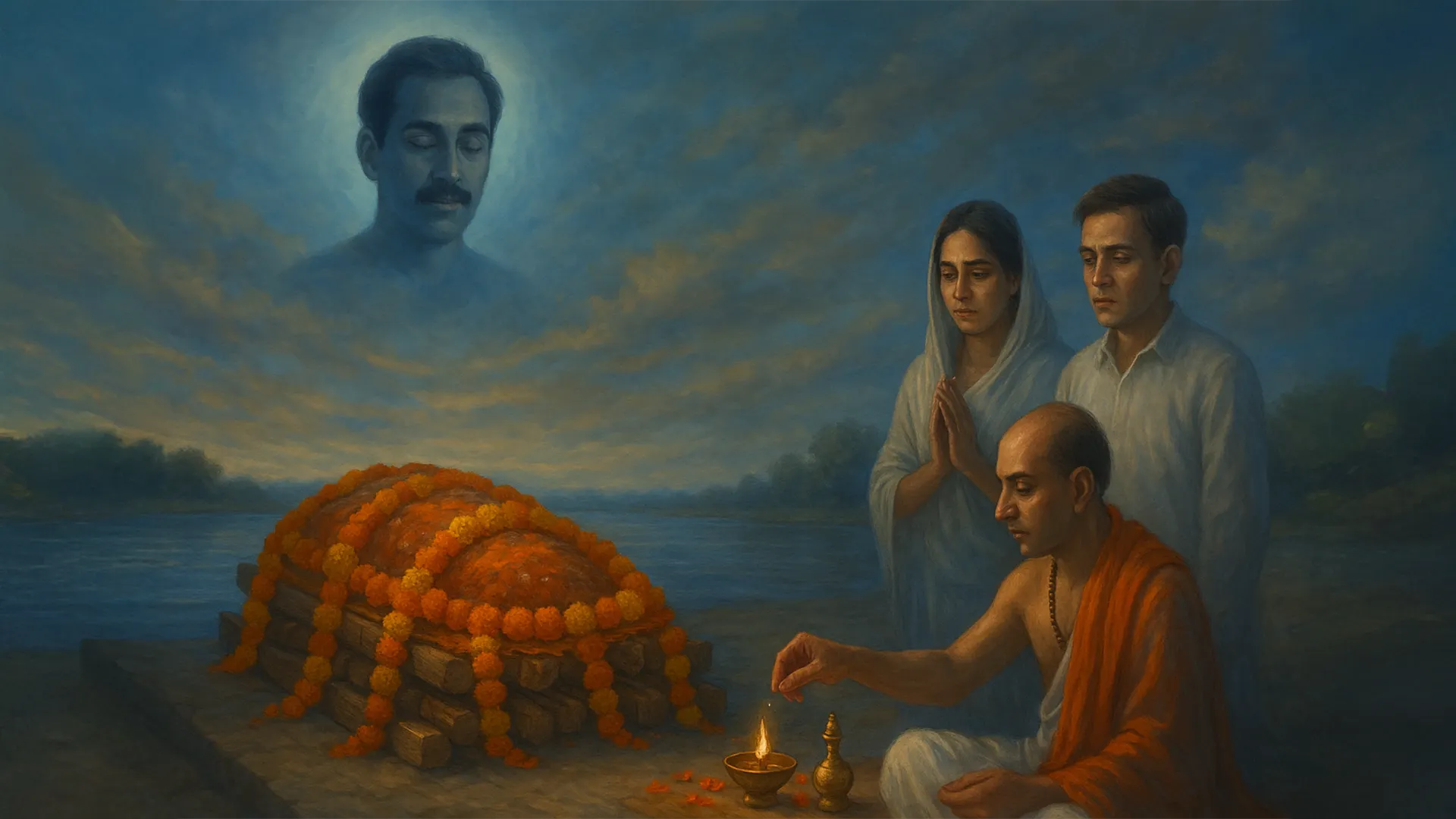
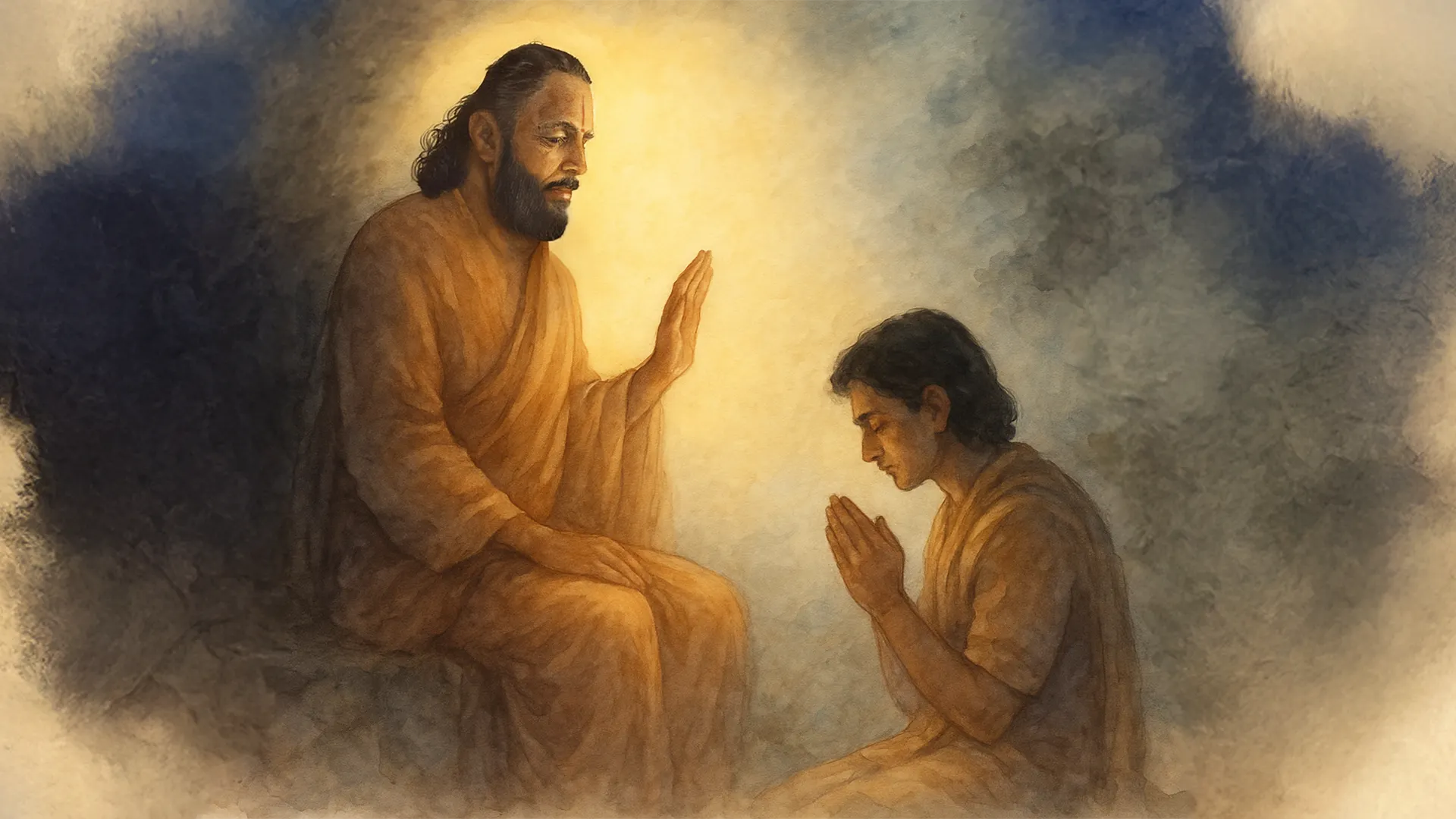
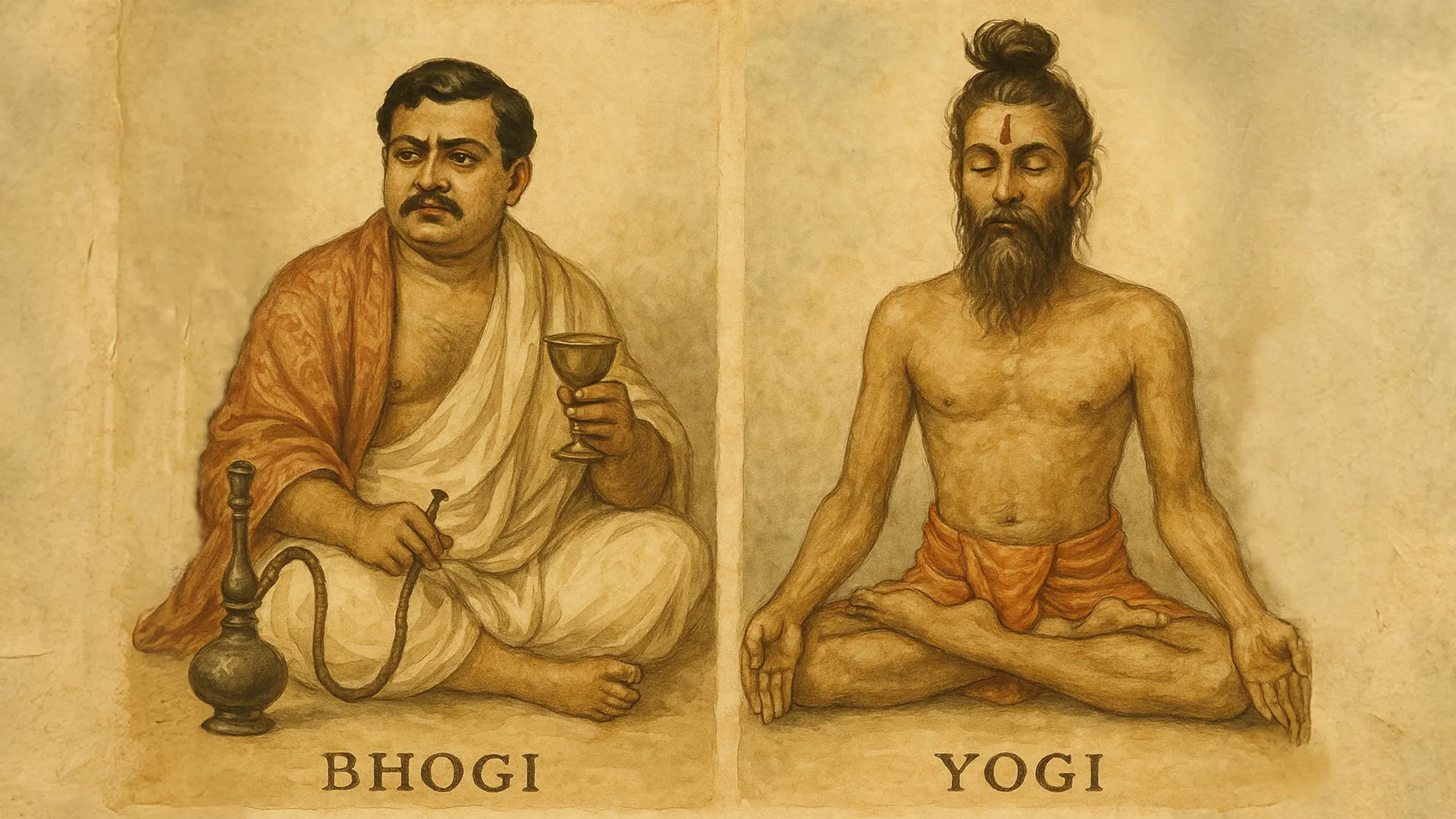
What our Participants say